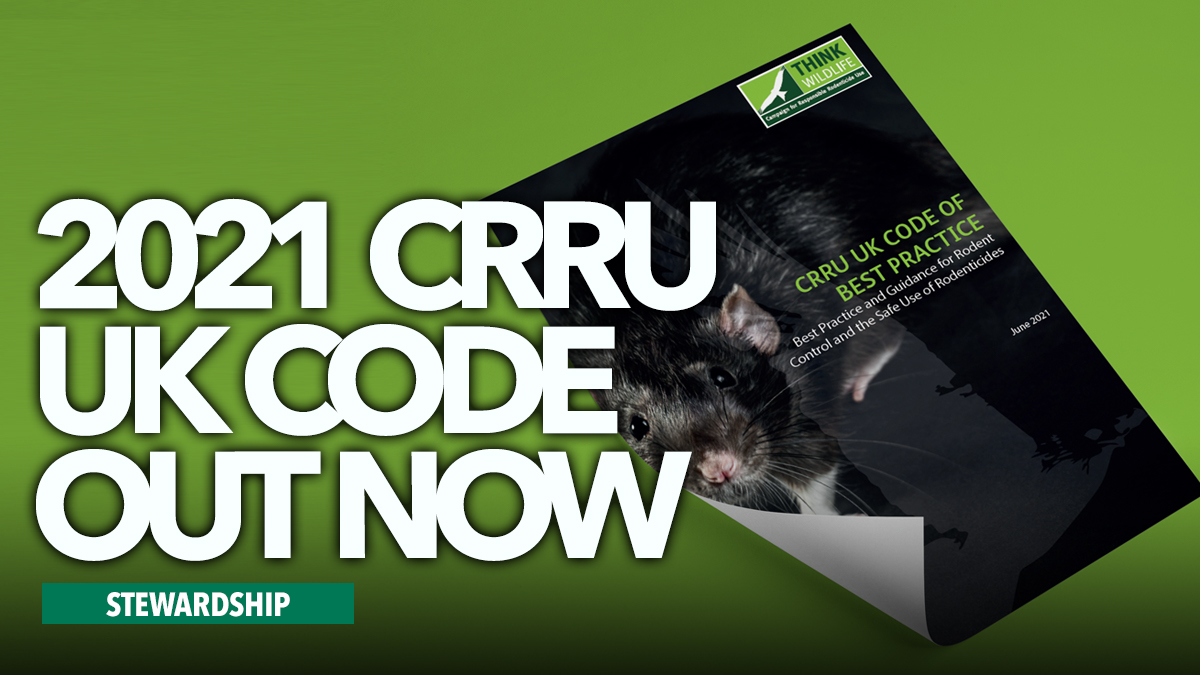Rodenticide use for permanent, pulsed or burrow baiting, or in covered and protected bait stations, is now only legal if the product label permits these ‘non-standard’ scenarios specifically, says CRRU.

This applies equally to pest controllers, farmers and gamekeepers. It comes into force, according to Campaign for Responsible Rodenticide Use chairman Dr Alan Buckle, amid “stubbornly static” rodenticide residues found in barn owl surveillance.
This is one of the main practical changes in a newly updated Code of Best Practice from CRRU in its operation of the UK Rodenticide Stewardship Regime.
The updated code also includes new information about two active substances returning to the UK market, cholecalciferol and hydrogen cyanide, including their roles in rodenticide resistance management.
When first published in 2015, the code’s legal status was guidance. Since then, the Biocidal Products Regulation governing rodenticide authorisations has determined that “biocidal products shall be used in compliance with the terms and conditions of authorisation”.
These are summarised on product labels, thereby placing a legal obligation on pest controllers, farmers and gamekeepers.
The 2021 Code of Best Practice also contains new details for using a risk hierarchy to plan effective rodent control at minimum risk to people, non-target animals and the environment.
Generally, non-chemical methods such as improved site hygiene and proofing of buildings present less risk than those that involve rodenticide.
Dee Ward-Thompson
The principle is that before applying rodent control measures, everyone should consider the risks systematically, according to Dee Ward-Thompson, leader of the CRRU Best Practice work group that carried out the update and Head of Technical at BPCA.
“These include risk to humans, domesticated animals, non-target animals and the environment,” she says. “Consistent with a reasonable expectation that the operation will be effective, only measures posing the least risk should be used. Generally, non-chemical methods such as improved site hygiene and proofing of buildings present less risk than those that involve rodenticide.”
In parallel, the new 2021 Code of Best Practice also recommends pre-control environmental risk assessments – for which a writeable computer template is available from CRRU – as a sound basis for risk hierarchy-based preparation.
The 2021 Code of Best Practice and writeable environmental risk assessment template can be downloaded from thinkwildlife.org/downloads.
CODES, CODES, CODES
The new CRRU Code can also be found on the BPCA website, along with all BPCA's up-to-date Codes of Best Practice.
Complying with the CRRU Code is a requirement for all BPCA Servicing members - make sure your team is up-to-date with the new changes.
bpca.org.uk/codes

Source: CRRU press release